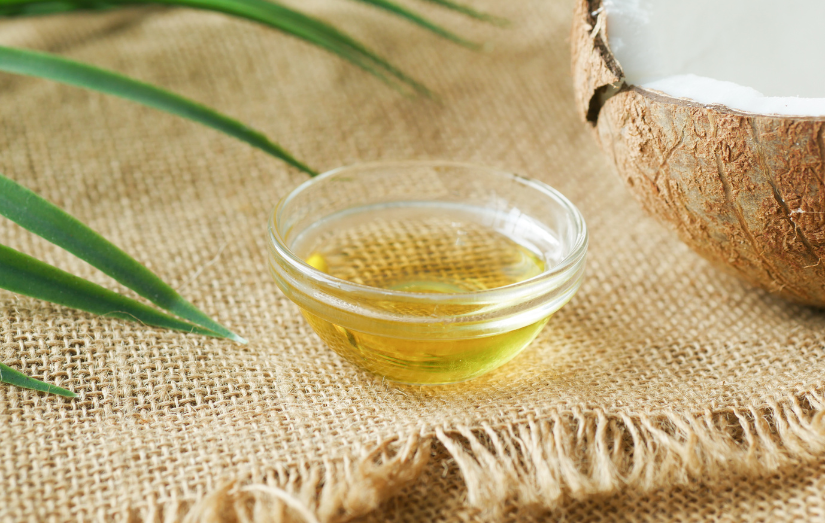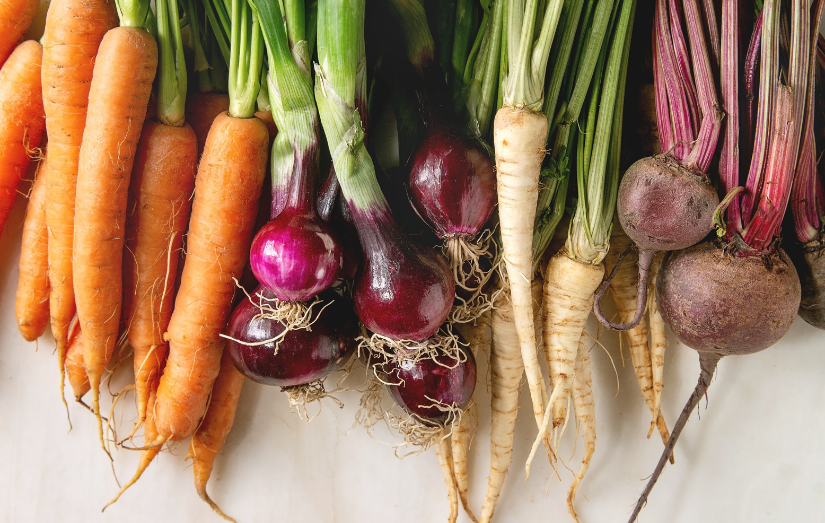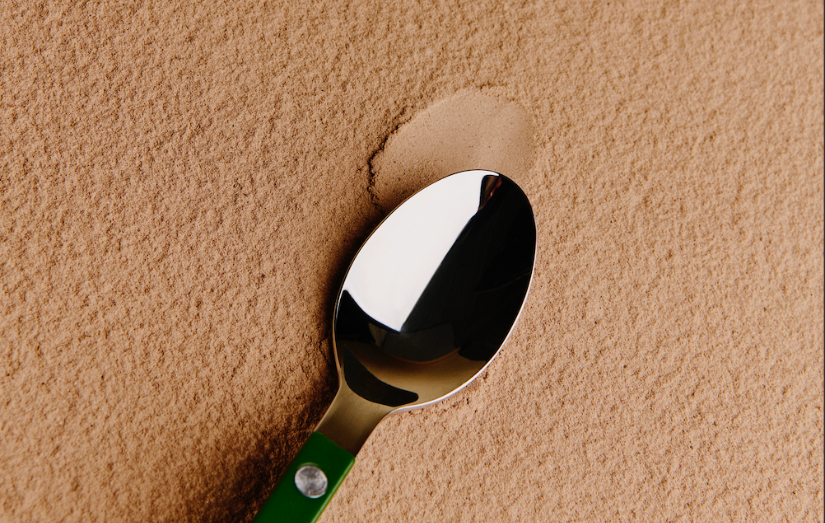Do you have a theory on mammograms? Some believe the procedure can cause cancer to spread. Others believe they save lives and prevent cancer.
A study from Annals of Internal Medicine reviewed the effects of women aged 40-74 years old who receive yearly and bi yearly mammograms. They found exposure to repeated mammography can increase the risk of developing breast cancer. However, they conclude the benefits of screening outweigh the potential risks.
Here are recent statistics on mammograms from The Journal of Medical Screening and American College of Radiology:
-
Mammography has helped reduce breast cancer mortality in the U.S. by nearly 40% since 1990.
-
One study shows mammography screening cuts the risk of dying from breast cancer nearly in half.
-
The benefit of mammographic screening in terms of lives saved is greater in absolute terms than the harm in terms of over diagnosis.
The studies and statistics proving mammograms prevent breast cancer provide me assurance that I make the right decision every year to get my annual mammogram.
At 48, my mom was diagnosed with breast cancer and had a lumpectomy to remove the cancer. Having my mom as a breast cancer survivor made me proactive in prevention of breast cancer and all serious diseases. At 35, I had my first mammogram when I was going through fertility issues with Wynn and now at 40, I will be going every year.
In addition to mammograms, it’s important to follow other prevention methods for breast cancer screening that is easy and non-invasive.
Here are our SWW recommended protocols to assist in preventing breast cancer and other illnesses:
SCHEDULE YOUR OB ANNUAL AND CONDUCT MONTHLY BREAST SELF-EXAMS.
Get your routine assessment done with your OB every year. Set a monthly note in your calendar to conduct a self exam. We find doing it before or after a shower is always easiest.
DECREASE DOSAGE OF HORMONE REPLACE THERAPY (HRT) IF POSSIBLE.
According to the American Cancer Society, studies show HRT using a combination of estrogen and progestin increases the risk of breast cancer. This combination can also increase breast density, making it difficult to detect breast cancer on a mammogram. Talk to your OB about the risks and benefits of HRT to better manage your hormone symptoms. Our recommended hormone expert is Dr. Jill Blakeway- the Founder of The Yinova Center. Jill is a renowned acupuncturist, herbalist and works with many patients on how to balance their hormones naturally.
NEVER SMOKE AND LIMIT ALCOHOL.
Based on research, it was recommended to limit alcohol to no more than one drink a day, as even small amounts increase risk.
MAINTAIN A HEALTHY WEIGHT AND STICK TO A CLEAN DIET.
Eliminate or reduce sugar, soy, preservatives, processed meats and refined carbohydrates from your diet.
ALKALIZE THE BODY.
Cancer spreads in an acidic environment. Scientists have proven when we raise the body’s alkalinity, it can stop the onset of cancer and other diseases. The first ways to alkalize the body is by starting your day with a liter of water, followed by SWW™ Alkalize greens powder and then enjoy your coffee. Your body is acidic when you first wake up so do not start your morning first with coffee, as this will make the body more acidic. Incorporate more alkaline foods into your diet such as leafy vegetables, coconut oil, seaweed, asparagus, avocados, lemons, raw almonds and chia seeds. To add balance, incorporate some acidic foods such as organic meat, wild caught fish and seasonal fruit into 20% of your diet.
MAKE EXERCISE A DAILY HABIT.
Aim for 15-20 minutes a day of moderate aerobic activity and commit to three days a week of more intensive cardio to work up a sweat and get your heart rate up.
CONNECT WITH NATURE TO REDUCE STRESS AND CENTER THE BODY.
Stress is a common cause of many illnesses and cancer. When we find ways to relieve stress, such as mediation or grounding our bodies in nature such as gardening- we are allowing ourselves to bring the body into a calming state and it provides care and nourishment to ourselves. This process opens up our fourth chakra, which is directly connected to our breasts.
Whatever decision you make to lower your risk of breast cancer or any cancers, remember to listen to your body. If you aim to nourish yourself with quality food, get daily exercise, reduce stress and try to eliminate toxins in you environment, you are on the right track towards preventing serious illness.
REFERENCES:
“Continue Mammography Care in 2022”. American College of Radiology. 2022.
https://www.acr.org/Practice-Management-Quality-Informatics/Practice-Toolkit/Patient-Resources/Mammography-Saves-Lives
“Breast cancer prevention: How to reduce your risk." Mayo Clinic.
“Facility Mammography Volume in Relation to Breast Cancer Screening OutcomesJournal of Medical Screening”
https://pubmed.ncbi.nlm.nih.gov/26265482/
Sugar, inflammation, and soy: How does nutrition influence breast cancer risk? 2021 UT Southwestern Medical Center
https://utswmed.org/medblog/diet-breast-cancer-prevention/
“Absolute numbers of lives saved and overdiagnosis in breast cancer screening”. Journal of Medical Screening 2010
https://www.ncbi.nlm.nih.gov/pmc/articles/PMC3104821/
“Five Ways to Help Reduce Your Breast Cancer Risk”. American Cancer Society. 2020
https://www.cancer.org/latest-news/five-ways-to-reduce-your-breast-cancer-risk.html
Bloomfield, Hannah, MD. “Effects on Health Outcomes of a Mediterranean Diet With No Restriction on Fat Intake” Annals of Internal Medicine.2016.
https://www.acpjournals.org/doi/10.7326/M16-0361?articleid=2534409
“The alkaline connection”- A great defense against cancer. The Healthy Choice- Compounding Pharmacy. 2022
https://www.thehealthychoice.net/the-alkaline-connection-a-great-defense-against-cancer/



